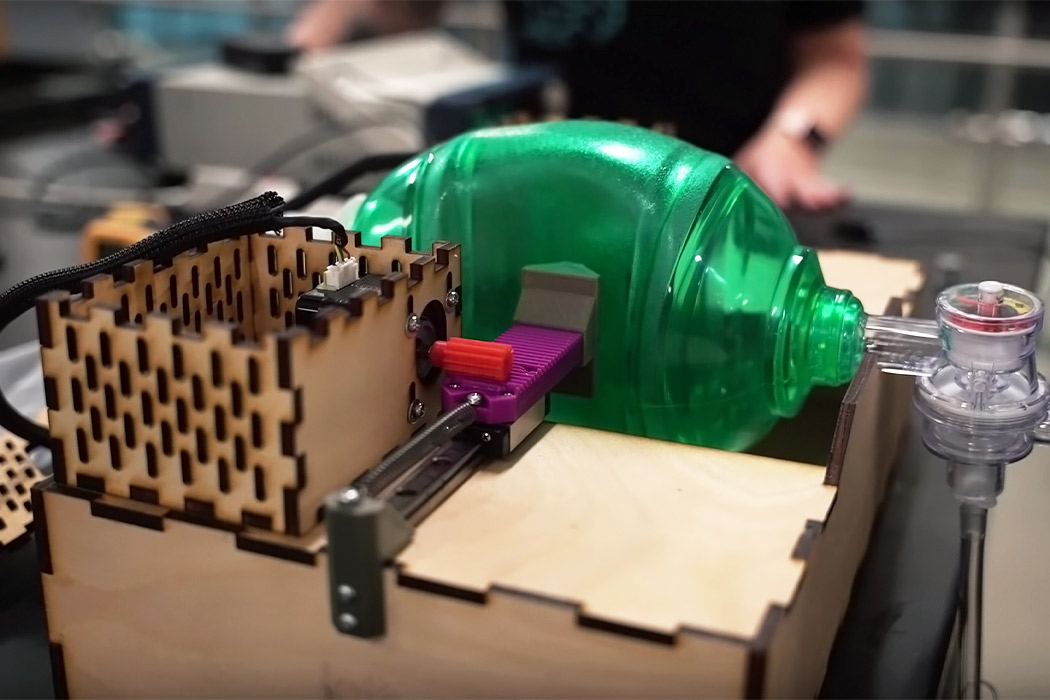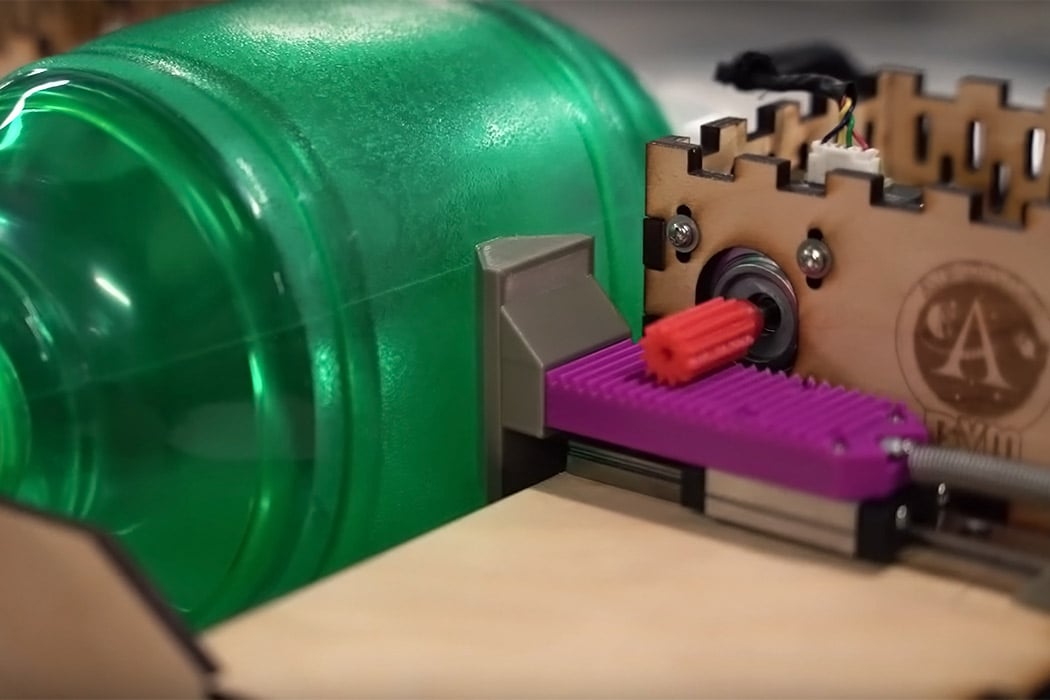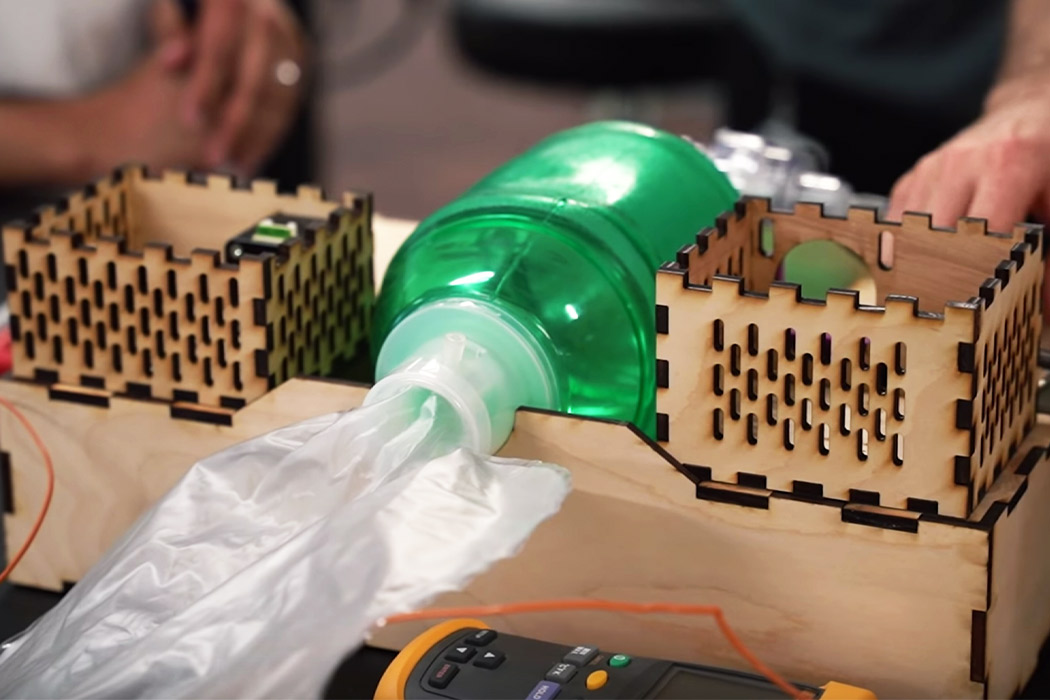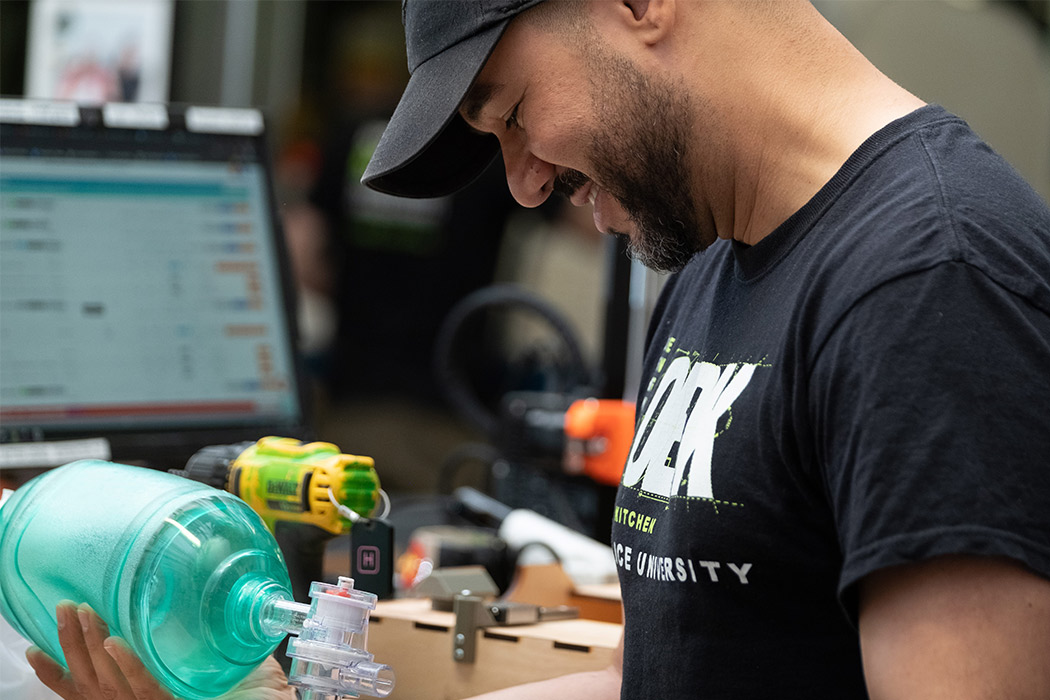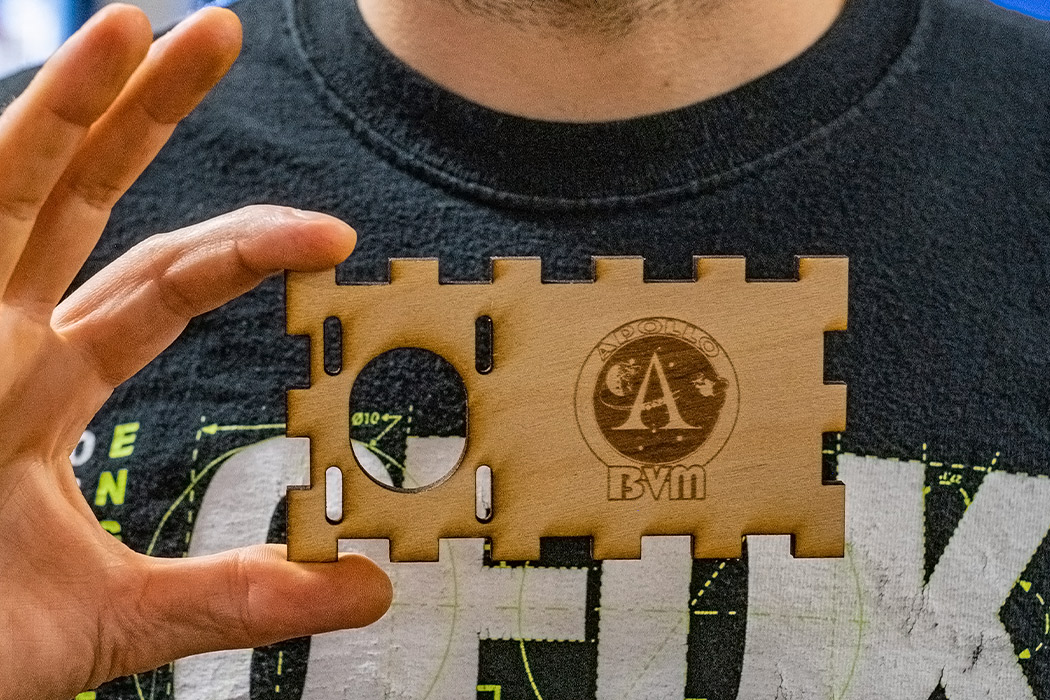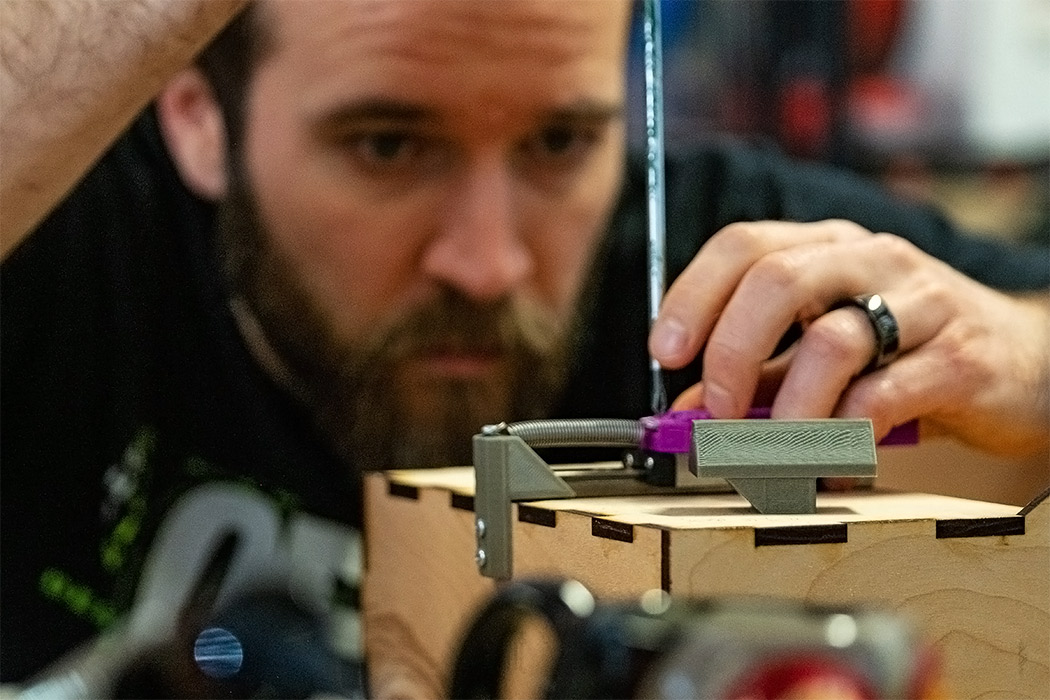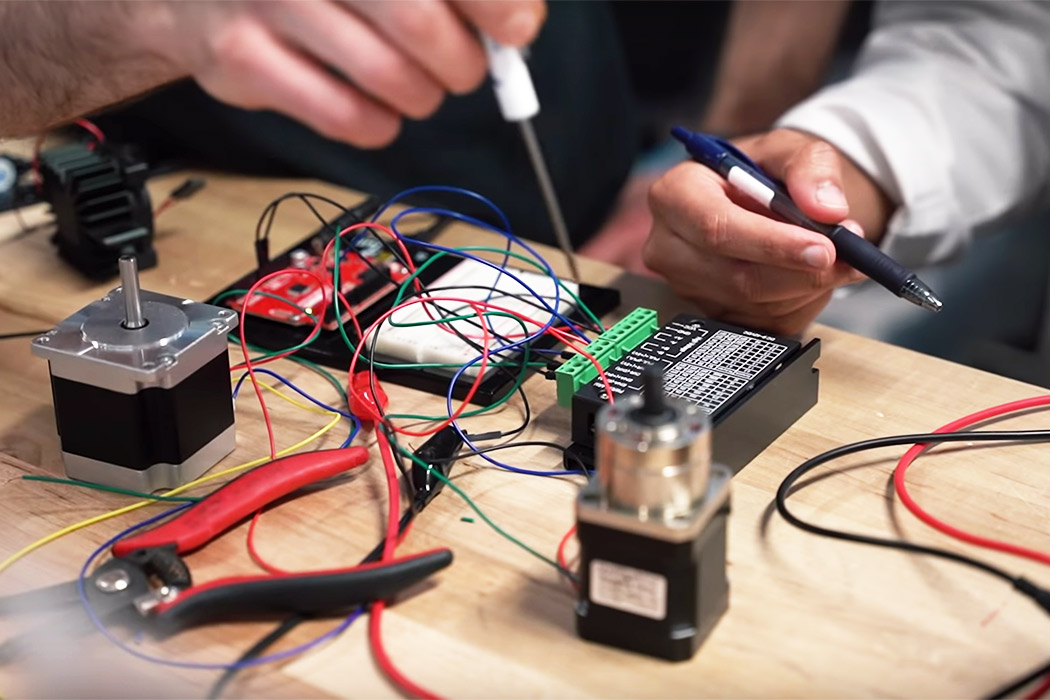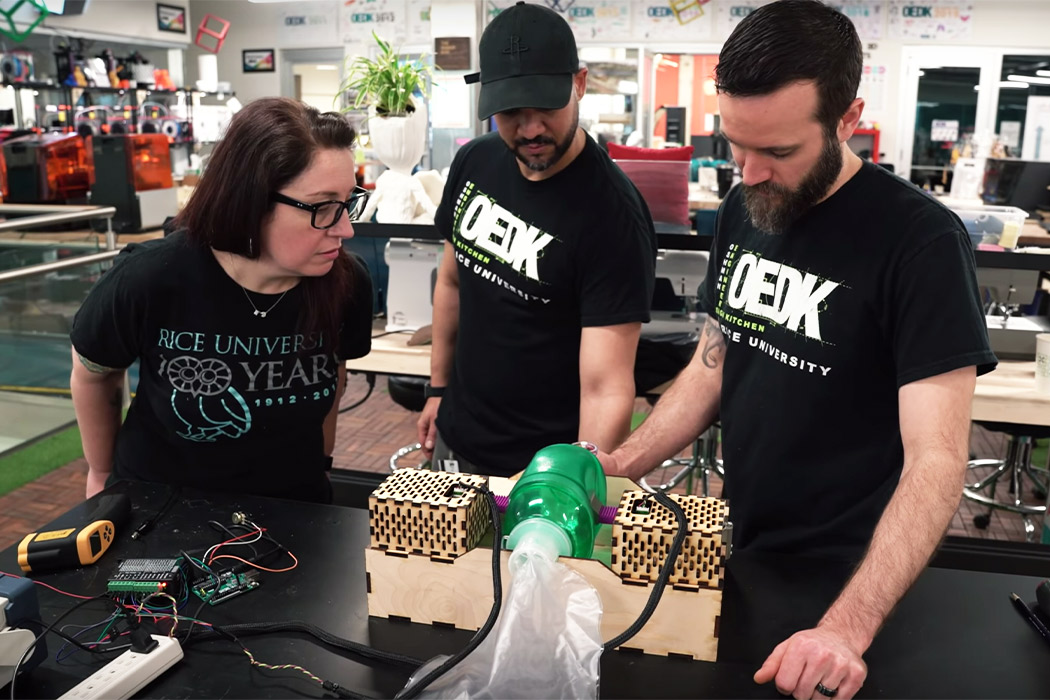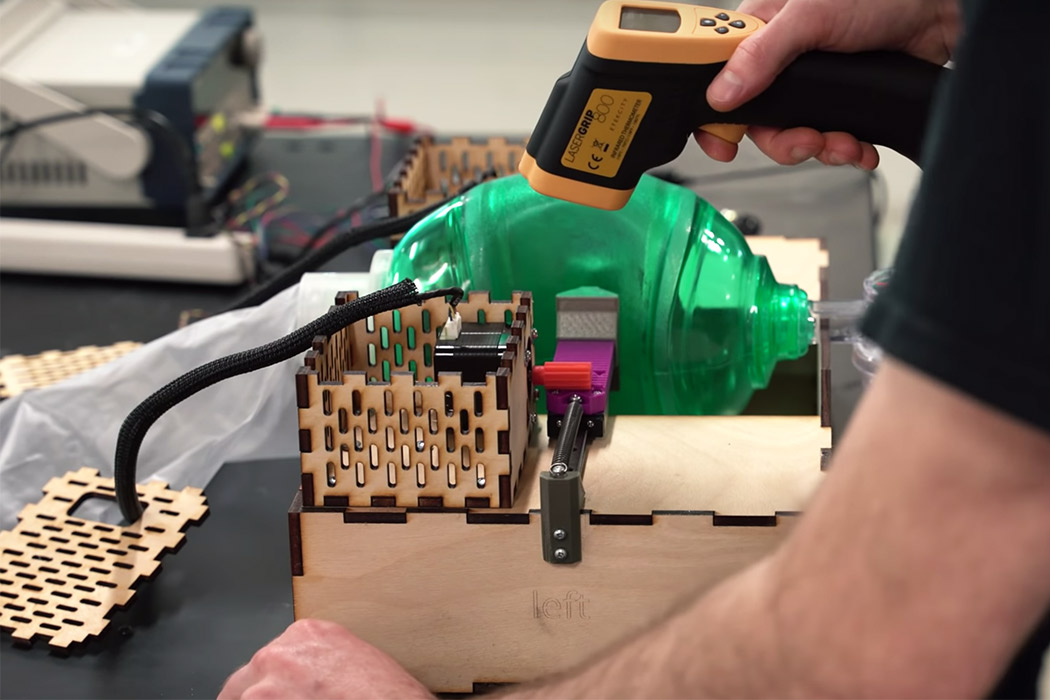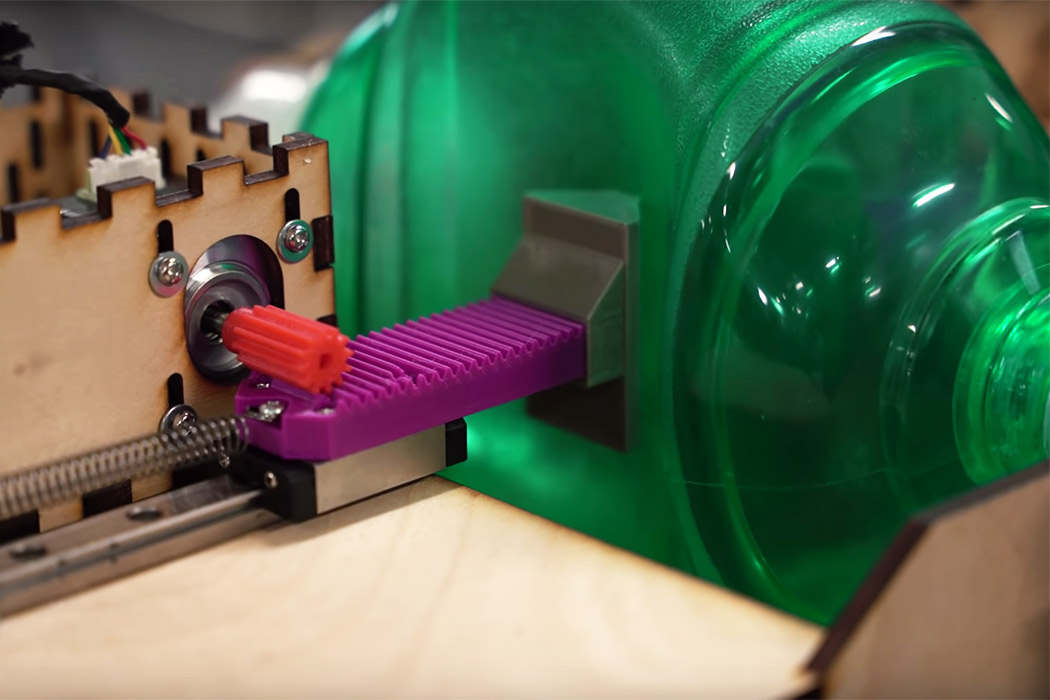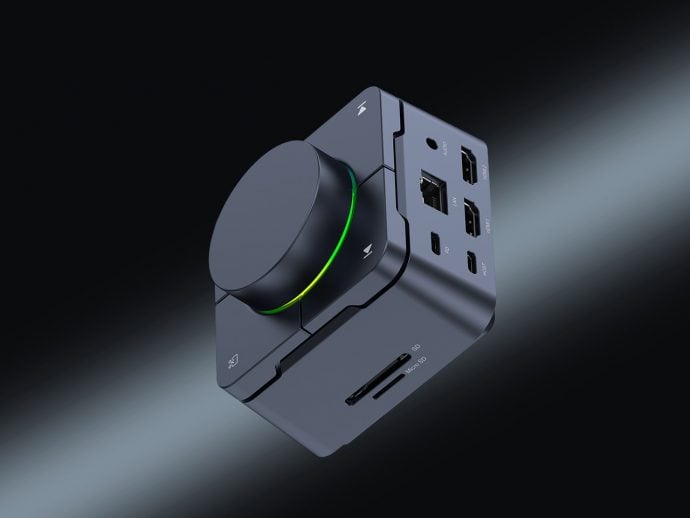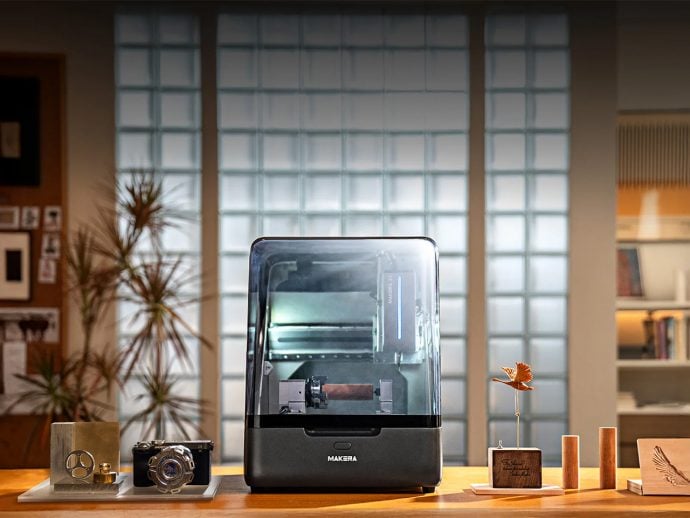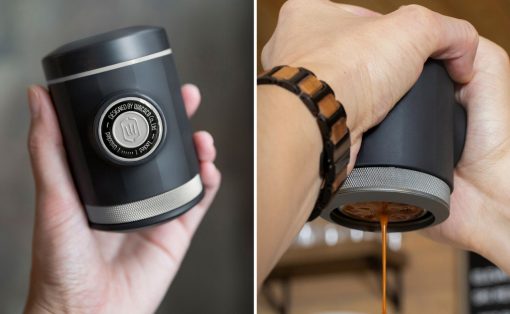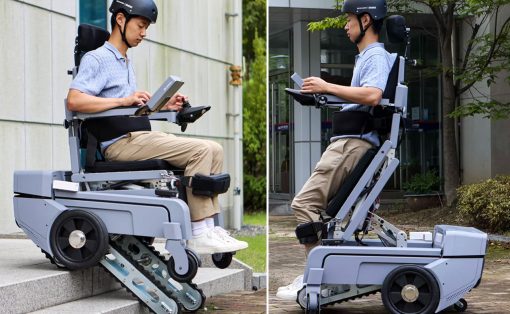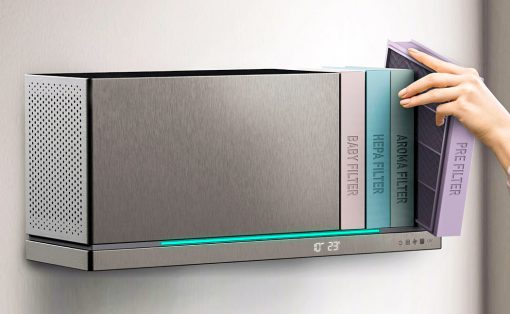As we all do our part in fighting the coronavirus pandemic, our health professionals are working round the clock without the required protective gear or medical equipment to safeguard themselves and continue saving lives. Without these essentials, they are at high risk of catching the virus and the lack of resources can impact the lives that can be saved. The global community is pitching in to help in every way they can – start-ups printed 3D valves and turned scuba diving masks into ventilators (if you have a printer to spare, the design file is available for download), designers at MIT making makeshift ICU pods and fashion brands producing PPE (personal protective gear) for healthcare professionals. Joining this force is Rice University’s Oshman Engineering Design Kitchen (ODEK) who has managed to develop a low-cost ventilator with the help of Metric Technologies, named the ApolloBVM.
There is a worldwide shortage of medical equipment, especially ventilators as traditionally they are expensive and time-consuming to produce at the rate this virus is moving. ODEK’s alternative costs less than USD 300 and it works on an automated mechanism that squeezes the common bag valve mask ventilation devices that are available in hospitals. This device is usually called an Ambu bag and the ApolloBVM can save the hours that healthcare professionals spend on manually pumping bags when there are no ventilators available. An exhausted human cannot pump air for extended periods of time with the precision of a machine, so with this device, it will be a lot easier to assist patients that need help to breathe. The device will also include feedback sensors that help fine-tune the flow of air to the lungs, as well as motors similar to those that power 3D printers for hours on end.
“The prototype device uses an Arduino board to facilitate programming that allows the adjustment of the rate at which the bag is squeezed,” says the team who is working on creating a custom integration circuit to replace the Arduino board that will further reduce the cost of the device. This will help in keeping non-critical patients stable and free up resources for those more in need of them. The students had created a plan for this in 2019 and they called it ‘Take A Breather’ unaware of the fact that in a few months their prototype could help save lives. The team wants to make the production plan public so anyone in the world can have access to it and join the effort in coping with the crisis, one of them said it was for all of humanity and we couldn’t thank these young world-changers enough.
Designer: ODEK (Rice University), Dr. Matthew Wettergreen, Dr. Rohith Malya, and Metric Technologies
